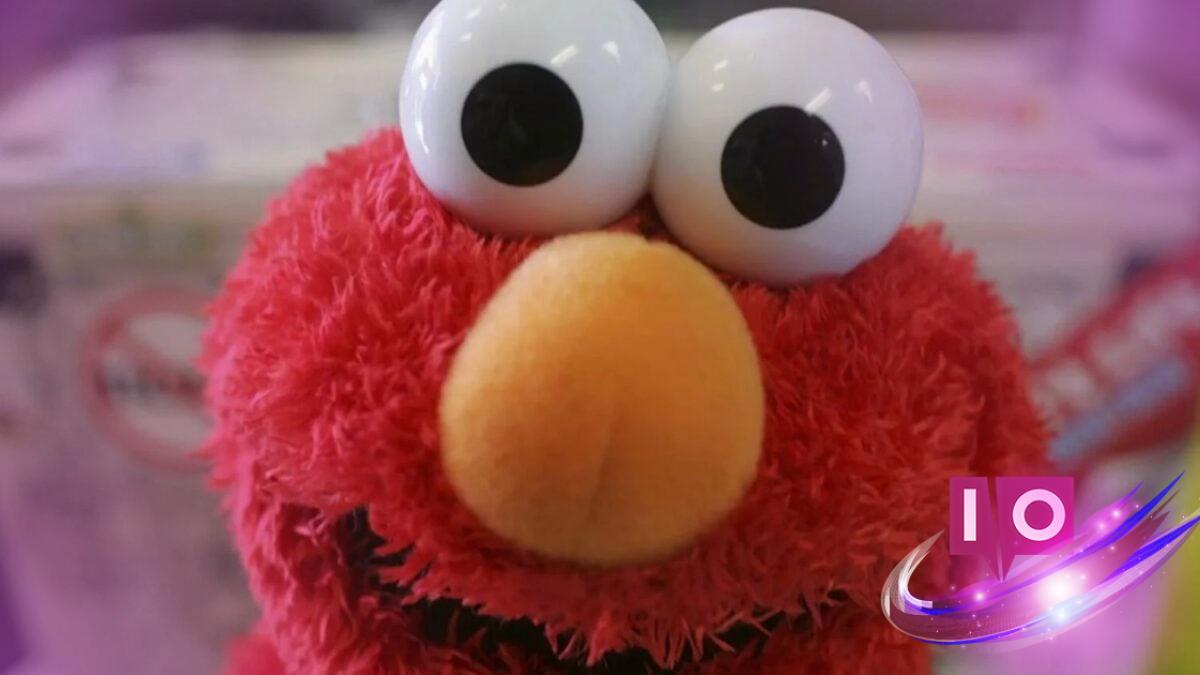Recently, a bizarre incident unfolded on social media that caught widespread attention. Elmo, the beloved puppet from Sesame Street, had his X (formerly Twitter) account hacked, leading to the posting of highly inappropriate and hateful content. This alarming situation opened up discussions about online security and the responsibility of public figures.
As an expert in observing online behavior and social media dynamics, I find it crucial to address how the reputation of iconic characters can be jeopardized by technological vulnerabilities.
1. The Incident Unfolds
During the weekend, Elmo’s X account was compromised, resulting in the publication of offensive messages, including outright anti-Semitic phrases and derogatory language. Posts like “Kill all Jews” and the use of racial slurs raised immediate concern among users. The offensive content remained accessible until it was removed on Tuesday. Afterward, Elmo returned to his usual warm, friendly messaging with “Elmo loves you.”
2. Public Reaction and Accountability
Rather than accepting this incident as a simple hack, many users felt Elmo—or more accurately, those behind the character—needed to address the situation promptly. Some demanded a formal apology, treating this incident as not merely a technical failure but a serious ethical issue.
- “Still not a single word of apology from @elmo or team,” one user expressed, driven by strong sentiments regarding the Jewish community.
- Another account called out the lack of accountability, demanding an investigation into the matter.
3. Community Outcry
Activist groups such as Canary Mission and the Combat Anti-Semitism Movement voiced their concerns on X. They emphasized that these hateful tweets, even if quickly deleted, reached thousands. Their stance was clear: this was not just an unfortunate mishap but a serious matter demanding attention and scrutiny.
4. The Apology: Was it Enough?
On Tuesday, Elmo’s account finally issued an apology, stating, “Elmo’s X account was briefly hacked by an outside party.” The message condemned the hateful content and assured followers that it didn’t reflect the values of Sesame Workshop. However, many users felt that a two-day delay for this response was unacceptable, sparking further debate about accountability in the digital age.
5. The Humor Amid Outrage
While the incident had many viewers outraged, others found humor in the situation. Some joked about possible celebrity involvement, specifically referencing Kanye West, who has been associated with controversial statements in recent times.
6. What Can We Learn?
What should we take away from this incident? First, it underlines the importance of securing social media accounts of public figures tightly. Second, it serves as a reminder of how quickly misinformation can spread, and how vital it is for brands and public personalities to communicate swiftly and transparently with their followers.
Why do high-profile accounts get hacked so frequently? Many hackers target prominent figures because they can generate significant media attention and likely broader societal reactions. This incident once again highlights the necessity for robust cybersecurity measures on platforms like X.
How should public figures respond to crises like these? A prompt acknowledgment paired with a clear stance against any hate speech becomes crucial. Transparency is vital for rebuilding faith among followers after such incidents.
Is it ethical for the public to demand apologies from fictional characters? While some might feel any outcry is misplaced, the emotional connections many have with these characters can lead to strong reactions, making it a relevant discourse in today’s media landscape.
As we ponder the ramifications of this incident, it’s imperative to reflect on how even digital breaches can impact real-world perceptions. If you’re interested in exploring more about social media impacts and digital safety, visit Moyens I/O for valuable insights.
